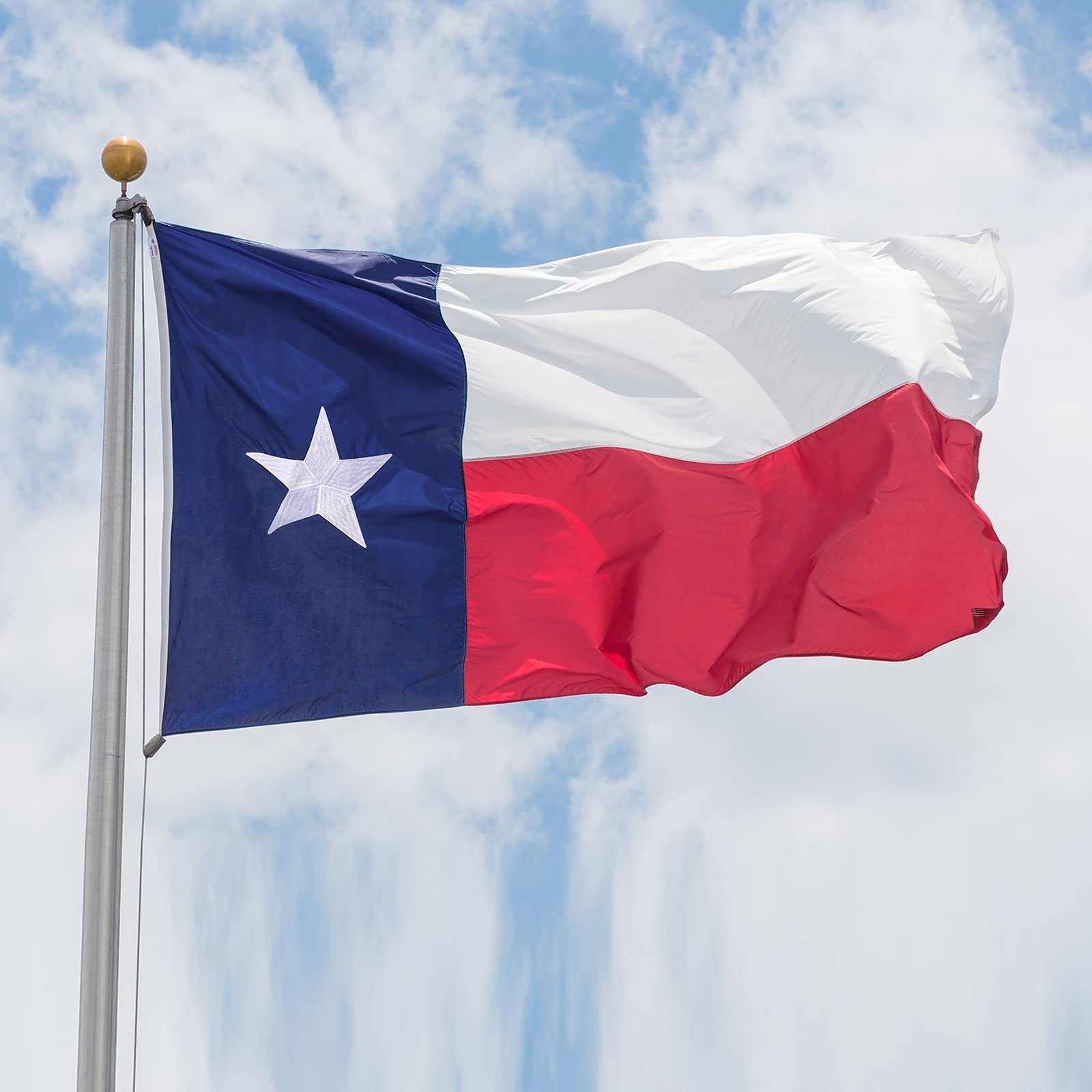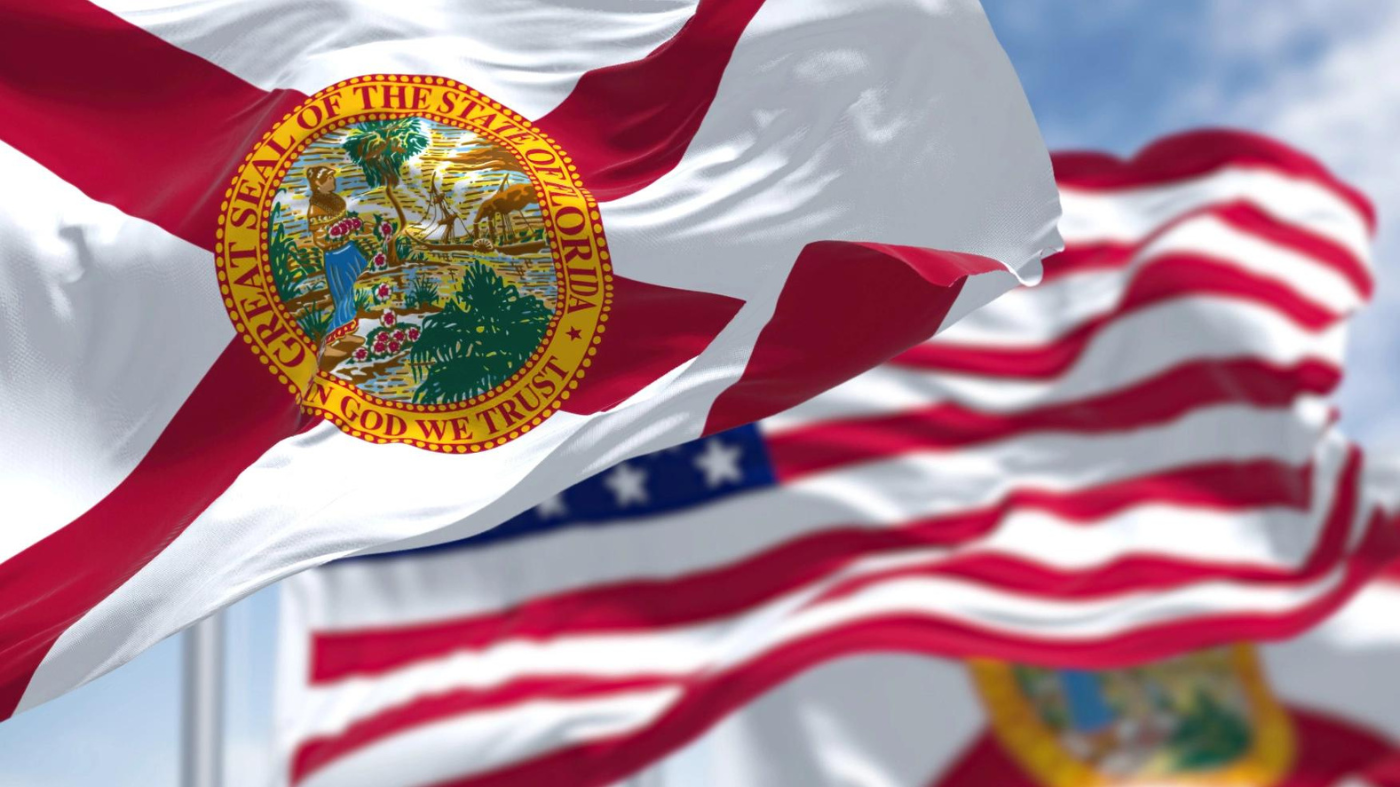
On this page, we will explore the various types of permits and licenses that businesses need in the United States. Prefer immediate advice? Schedule a consultation using the button below!
When starting a business in America, it is essential to apply for the appropriate permits and licenses to operate legally. Depending on the industry and location, federal, state, and local permits may be required.
Depending on the industry and location, federal, state, and local permits may be required. Without the necessary permits, a business may face fines, be forced to close, or encounter legal issues. Furthermore, permits provide protection for both entrepreneurs and consumers by ensuring that businesses comply with established safety and quality standards. While the process may seem complex, avoiding it can lead to delays and additional costs.
By setting up everything correctly from the start, an entrepreneur builds a strong foundation for success, also increasing the confidence of investors and customers. It is advisable to seek legal advice to ensure compliance with all relevant rules and regulations.




In the United States, the requirements for permits and licenses vary significantly by state, as each state has its own rules and regulations. For example, businesses in California might need different permits than those in Texas or New York.
Some states, like California, have strict environmental regulations, especially for industries such as agriculture or manufacturing, while others, like Florida, may have less stringent regulations. Local taxes and regulations can also vary depending on the city or county where a business is located. Additionally, the type of business you want to start—whether it’s a restaurant, construction company, or online store—may require specific permits or licenses that are mandatory in one state but not in another. This makes it important to thoroughly research local regulations before starting a business.

Click here to read more

Click here to read more
While technically not a permit, an EIN (Employer Identification Number) is crucial for tax purposes and is required for most businesses. You can obtain this from the Internal Revenue Service (IRS).
This is a general license required by most cities and counties to operate a business within their jurisdiction. The specific requirements can vary depending on your location and type of business.
If your business provides specialized services (such as law, medicine, or accounting), you must obtain the relevant professional licenses.
Required for businesses in the food service industry or those dealing with public health issues.
Necessary for businesses that may impact the environment, such as manufacturing or waste management companies.
Some businesses may require federal licenses, depending on their activities. Examples include:

A zoning permit in America is a license that businesses need to operate in areas specifically designated for certain types of use, such as commercial, industrial, or residential.
Required if you're constructing a new building or making significant alterations to an existing structure.
A sign permit in America is a local license that businesses need to place billboards or business signage on their property or premises.
It is advisable to consult with Van Holland Group to ensure you have all the necessary permits covered for your specific situation.

In Texas, businesses must apply for a general business license at the city or county where they operate. Depending on the industry, specific licenses may be required, such as a sales tax permit for businesses selling goods or professional licenses for occupations like construction, healthcare, and hospitality. Additionally, businesses in Texas may encounter additional environmental permits or fire safety inspections depending on their location. Below, we will delve further into the details regarding state-specific permits.

While Texas does not have a general business license at the state level, many cities and counties have their own licensing and permit requirements. These may include:
This is the primary state-level permit required for most businesses in Texas. It is also known as a seller's permit or sales tax permit. You can apply for this online through the Texas Comptroller's website or by mail.
Texas requires specific licenses for certain professions and industries. The Texas Department of Licensing and Regulation (TDLR) handles licensing for many specialized professions. You can find a comprehensive list of state licenses and permits in the Business Permits and Licenses Guide from the Texas Business Permits Office.
Certain businesses may require federal licenses depending on their activities. Examples include businesses dealing with alcohol, tobacco, firearms, or transportation.
The time to obtain these permits can vary. For the state sales tax permit, online applications are usually processed quickly. Local permits may take anywhere from a few weeks to several months, depending on the specific requirements and the issuing agency's workload.
To expedite the process, gather all necessary documentation in advance, ensure your applications are complete and accurate, and promptly respond to any requests for additional information. Remember to research the specific requirements for your business type and location, as these can vary significantly. Consulting with a local business attorney or the Small Business Administration (SBA) office can provide valuable guidance in navigating these requirements.

In Florida, businesses often need a general business license issued by the local city or county. Specific sectors, such as the hospitality industry, healthcare, and construction, require additional licenses, such as an alcohol permit or a construction license. Businesses may also encounter environmental regulations and permits depending on their activities.

In the state of Florida, businesses often need to comply with local licensing and permitting requirements, depending on the city or county in which they operate, in addition to state and federal requirements. These may include:
A general business license is a basic permit that businesses in Florida are required to obtain from the local government (city or county) to legally operate within that specific jurisdiction.
Alcohol License: Businesses that sell alcoholic beverages, such as restaurants and bars, need an alcohol license issued by the Florida Division of Alcoholic Beverages and Tobacco.
Healthcare Licenses: Medical businesses such as hospitals and clinics require licenses from the Florida Department of Health.
Construction License: Contractors and construction companies must obtain a license through the Florida Department of Business and Professional Regulation (DBPR).
Businesses that sell goods must register for a sales tax permit with the Florida Department of Revenue.
The typical timeframe to obtain business permits for an INC in Florida can vary, but here are some key points:
Processing Time: Generally, it takes a few weeks to a couple of months to receive business licenses and permits in Florida.
Specifics: For a Business Tax Receipt (BTR), which is required for most businesses in Florida, it generally takes about two weeks to receive after paperwork is submitted. For other types of licenses or permits, processing time can range from a few weeks to several months, depending on the specific license and issuing agency.
To expedite the process, gather all necessary documentation in advance, ensure your applications are complete and accurate, and promptly respond to any requests for additional information. Remember to research the specific requirements for your business type and location, as these can vary significantly. Consulting with a local business attorney or the Small Business Administration (SBA) office can provide valuable guidance in navigating these requirements.

Click here to read more

Click here to read more

The Food and Drug Administration (FDA) is a U.S. government agency responsible for regulating and ensuring the safety and effectiveness of food, drugs, medical devices, cosmetics, tobacco products, and other consumer products. The FDA oversees product quality, approves new medications, and conducts inspections to protect public health.

Remember that while the FDA plays a critical role in regulating food safety, it collaborates with other federal, state, and local agencies. Always check with your local health department and other relevant authorities for comprehensive permit and licensing requirements pertinent to your specific food business.
In the U.S., companies dealing with food, drugs, medical devices, cosmetics, and tobacco products must comply with the regulations of the Food and Drug Administration (FDA). The main requirements include:
If you have any questions after reading all this information or simply want to brainstorm about the best options for your American dream, click the button below to easily schedule a free consultation with one of our experts!
Open a flexible location and expand your business from economically favorable states.
If you are ready to make positive changes.
While it's not exactly the same, an INC is somewhat similar to a BV or GMBH.
We are more than happy to provide a customized quote for your business.
The Van Holland Group supports you with strategic planning, clear goals, and milestones for entering the U.S. market. Discover our straightforward approach. All prices are transparent and listed online. As an entrepreneur, you want to know exactly what to expect from the start
